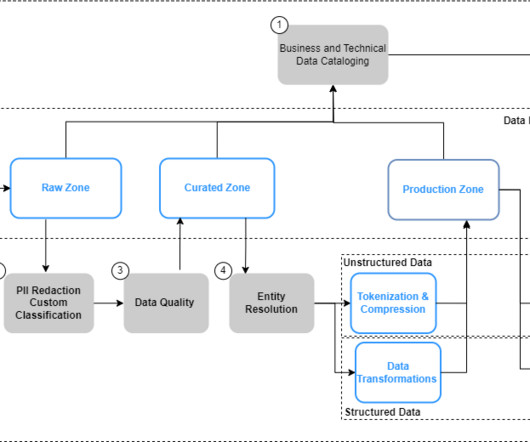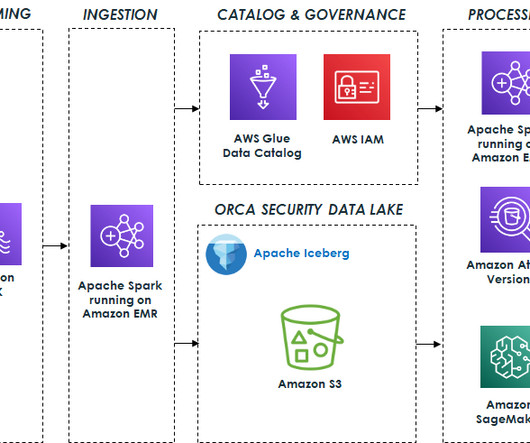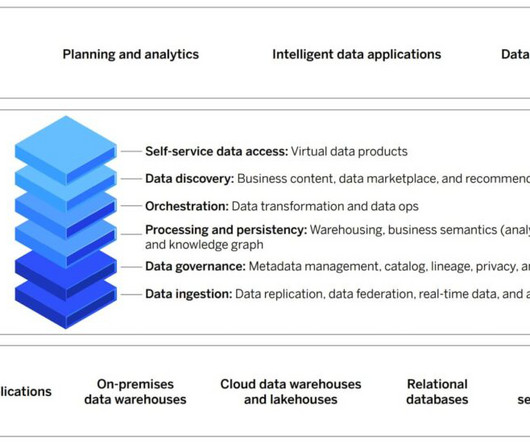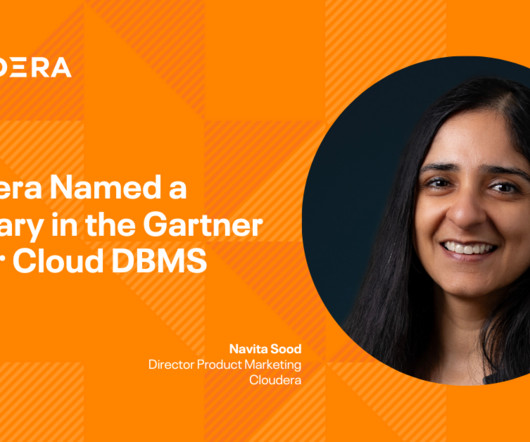Data architecture strategy for data quality
IBM Big Data Hub
JANUARY 5, 2023
Poor data quality is one of the top barriers faced by organizations aspiring to be more data-driven. Ill-timed business decisions and misinformed business processes, missed revenue opportunities, failed business initiatives and complex data systems can all stem from data quality issues.






















Let's personalize your content